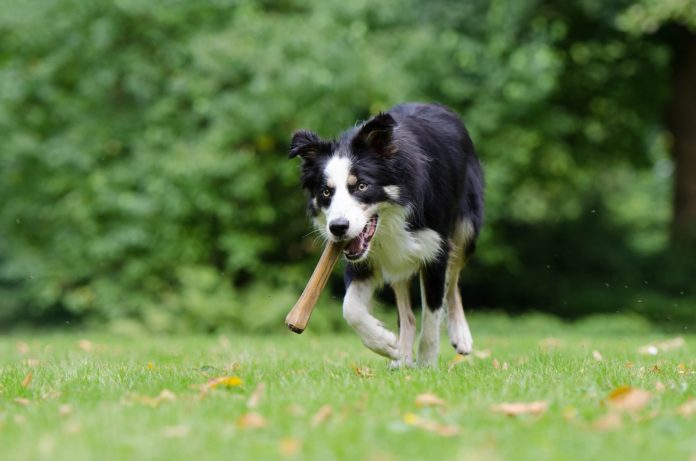New study shows dogs can smell malaria with 70 percent accuracy
Dogs are known to sniff out explosives and criminals. Studies show, they can sniff malaria too.
Researchers found that dogs could smell malaria in samples of socks worn by infected children.
They say their findings could potentially lead to the first rapid and non-invasive test for malaria.
Although the research is in its early stages, scientists hope trained sniffer dogs could help to stop malaria spreading between countries and lead to infected people being spotted earlier and treated quickly.
A Labrador-Golden Retriever cross called Lexi and a Labrador called Sally, were trained to distinguish between the scent of children infected with malaria parasites and those who were uninfected
India has the most number of malaria cases in the world. Till August 2018 218220 cases have been reported in the country and 23 deaths, according to data from the National Vector Borne Disease Control Programme.
The new research is being presented today at the American Society of Tropical Medicine and Hygiene Annual Meeting in New Orleans, USA.
Principal Investigator Professor Steve Lindsay, in the Department of Biosciences, Durham University, UK, said: “While our findings are at an early stage, in principle we have shown that dogs could be trained to detect malaria infected people by their odour with a credible degree of accuracy. This could provide a non-invasive way of screening for the disease at ports of entry in a similar way to how sniffer dogs are routinely used to detect fruit and vegetables or drugs at airports.”
The research was funded by the Bill & Melinda Gates Foundation. It was carried out by Durham University, the charity Medical Detection Dogs, the London School of Hygiene & Tropical Medicine (LSHTM) and the University of Dundee (all UK), the Medical Research Council Unit The Gambia at the London School of Hygiene & Tropical Medicine, and the National Malaria Control Programme, The Gambia.
Researchers from the MRCG and the LSHTM used nylon socks to collect foot odour samples from apparently healthy children aged five to 14 in the Upper River Region of The Gambia in West Africa.
Using a simple finger-prick test the children were also screened to determine if they had the malaria parasite Plasmodium falciparum in their blood.
The sock samples were transported to the Medical Detection Dogs charity in Milton Keynes, UK where two dogs, a Labrador-Golden Retriever cross called Lexi and a Labrador called Sally, were trained to distinguish between the scent of children infected with malaria parasites and those who were uninfected.
In total 175 sock samples were tested including those of all 30 malaria-positive children identified by the study and 145 from uninfected children.
The dogs were able to correctly identify 70 per cent of the malaria-infected samples. The dogs were also able to correctly identify 90 per cent of the samples without malaria parasites.
Malaria is a life-threatening disease caused by parasites transmitted to people through the bites of infected female Anopheles mosquitoes, but it can be prevented and cured.


